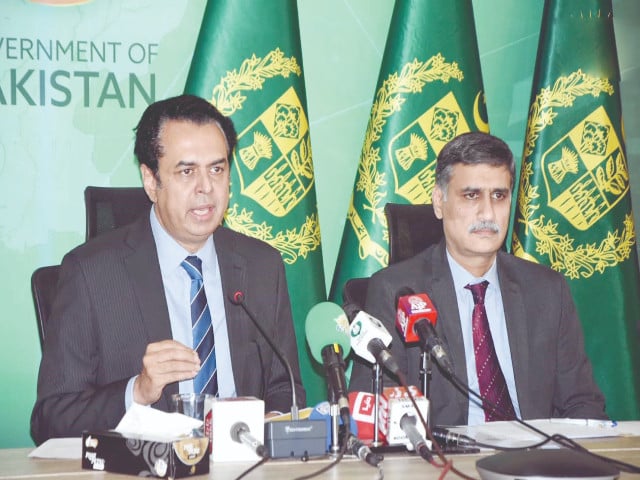ISLAMABAD:
Pakistan’s National Cyber Crime Investigation Agency (NCCIA) has unearthed a disturbing international child exploitation network operating from Muzaffargarh, allegedly led by a German national named Renz.
The revelation was made by State Minister for Interior Talal Chaudhry during a joint press conference in Islamabad on Tuesday, alongside NCCIA Director General Dr Syed Waqaruddin Syed.
According to officials, the network targeted children between the ages of six and ten, most of whom belonged to extremely poor families. A so-called “children’s club” was reportedly set up as a front to attract victims.
The facility featured advanced equipment, including high-quality cameras, lighting, and recording tools.
Minister Chaudhry revealed that children were initially given money and later blackmailed into exploitation. The videos were filmed in a studio-like environment and sold on the dark web for thousands of dollars per day.
The German suspect is said to have travelled to Pakistan for 28 days, during which he trained local operators and established the setup.
“This was not just a local case. This was an international operation being run from within Pakistan,” the minister said. “We have confirmed that this gang was creating and distributing live content globally.”
A major raid was conducted by the NCCIA on May 23, with support from local police and intelligence agencies. The operation led to the rescue of at least six children, who were handed over to the Punjab Child Protection Bureau. In total, more than 50 children were identified as victims.
So far, authorities have registered 178 First Information Reports (FIRs) related to child exploitation. Fourteen individuals have already been sentenced to seven to ten years in prison.
Two suspects linked to this particular case were arrested during the raid, while three remain at large. Efforts are underway to locate and apprehend them.
Some parents of the victims were also found to be complicit in the abuse, either knowingly or by accepting money.
“It is heartbreaking to say that in some cases, even the parents were part of this horrific business,” said the minister.
The NCCIA acted on intelligence received from the U.S.-based National Centre for Missing and Exploited Children (NCMEC) and Interpol. The agency operates a 24/7 monitoring system and collaborates with international organisations to track and prevent online crimes against children.
Dr Waqaruddin added that hundreds of videos were recovered from the studio, many of which had already been shared via encrypted platforms like WhatsApp and Telegram, and later sold on the dark web.
“This is a major breakthrough. It’s the first time such a large, organised international network has been exposed and disrupted in Pakistan,” said the DG. “We are working closely with Interpol and German authorities to trace and arrest the foreign suspects.”
He also highlighted that Pakistan is now among the 71 countries with access to Interpol’s global databases, which has significantly accelerated investigation and international cooperation.
Minister Chaudhry stressed that recent amendments to the Prevention of Electronic Crimes Act (PECA) have increased punishments for child exploitation crimes from seven to ten years, to fourteen to twenty years.
The offences are now categorised as non-bailable and non-compoundable.
“We are taking this matter very seriously,” he said. “The Prime Minister and Interior Minister have been briefed, and we are seeking funds to expand NCCIA offices across the country. We want a strong cybercrime unit in every district of Pakistan.”
The minister concluded by appealing to the media and civil society to support efforts against online child abuse.
“This is not just the government’s fight. It is a fight for our children, our future, and our moral responsibility.”

